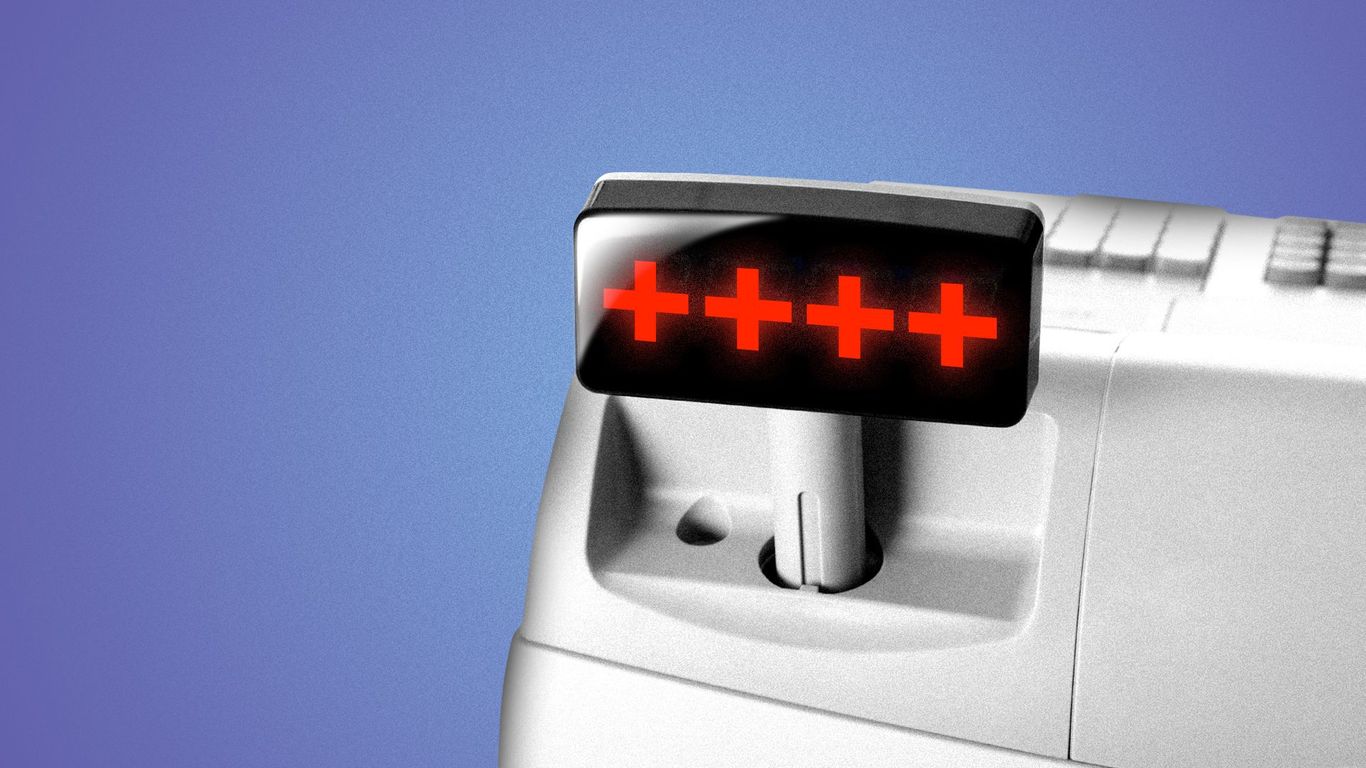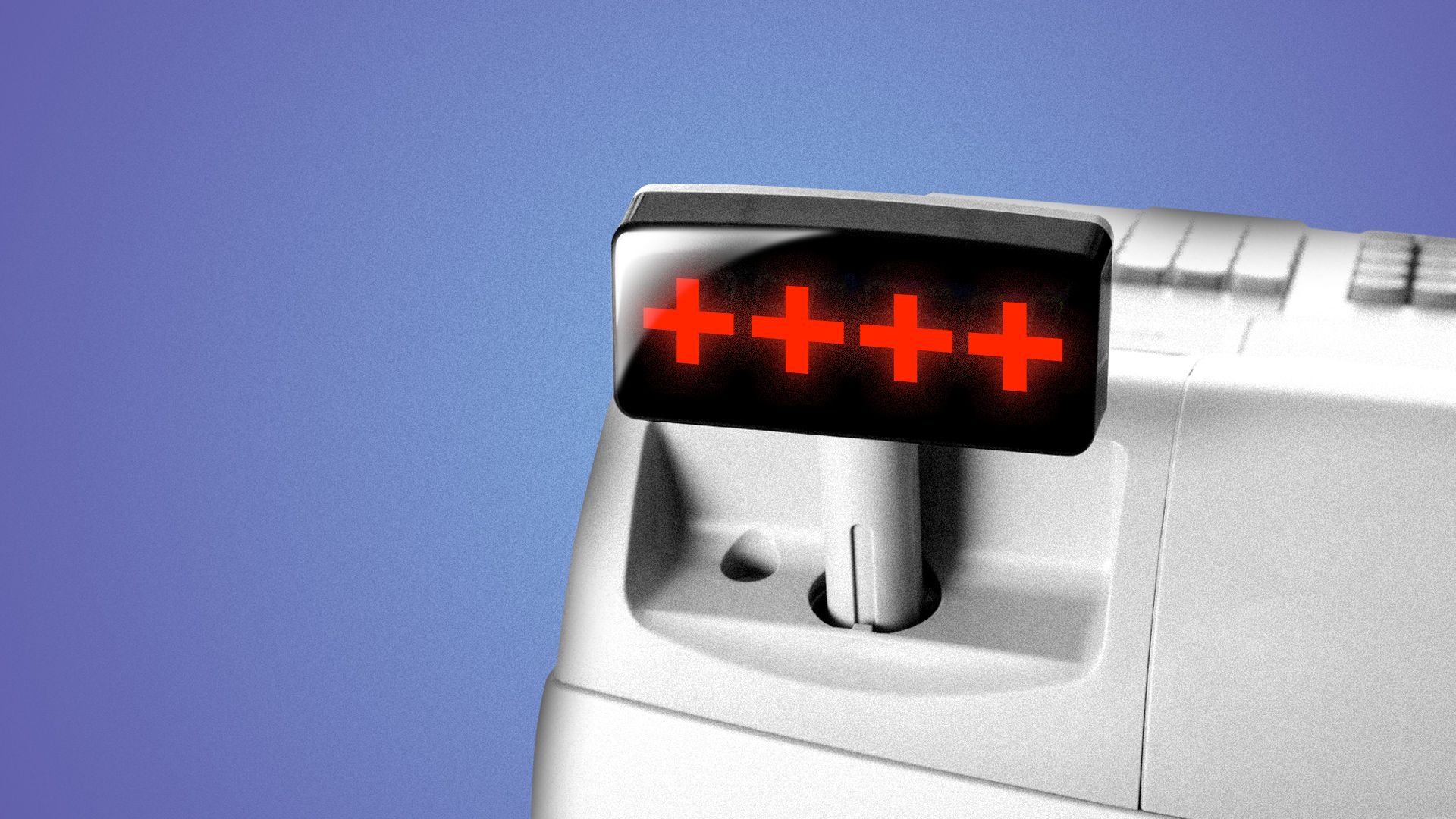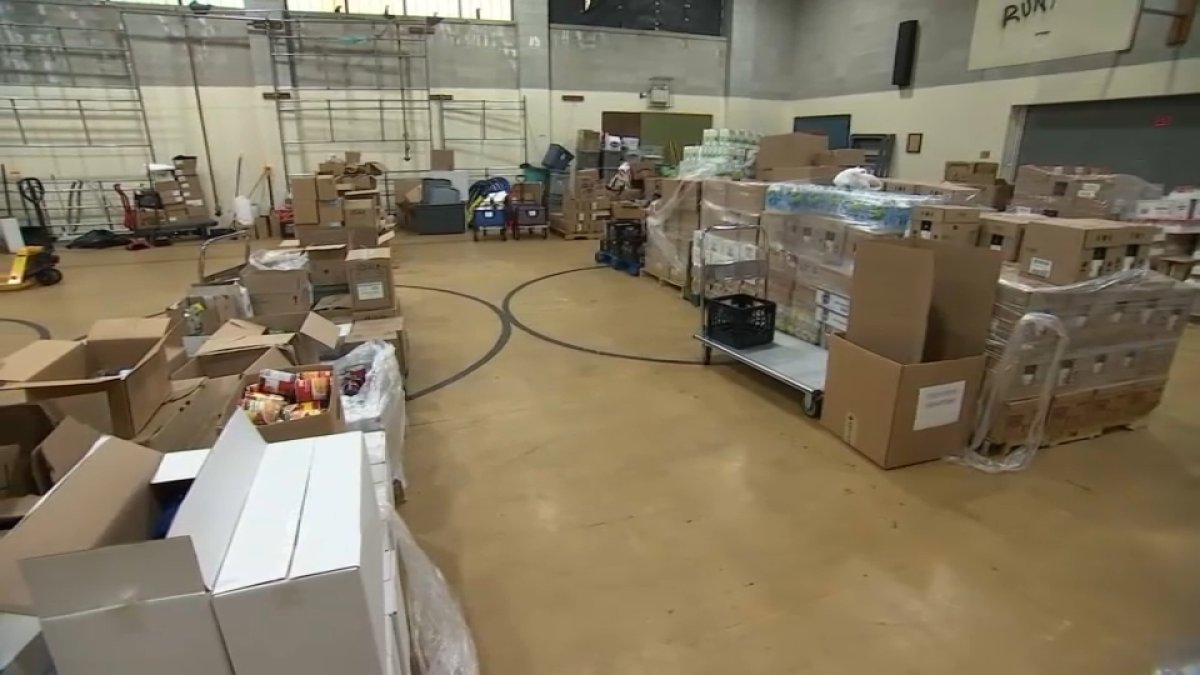
Illustration: Aïda Amer/Axios
Advocates, analysts and policymakers are giving combined reviews to the Biden administration’s shift to allow states use Medicaid money for foodstuff.
Why it matters: Some are glad that Medicaid will be available as an extra resource to address food stuff insecurity and diet-linked overall health situations, but other people see growing applications like SNAP as the priority ahead of a looming hunger cliff.
What they are expressing: “Medicaid currently addresses quite a few lifestyle-extended drugs and therapies. It must shell out for food stuff the same way it pays for statins, insulin, and other life time drugs,” Adam Shyevitch, chief program officer at Boston-based nutritious foods nonprofit About Fresh, tells Axios.
- Alice Řezníčková, an interdisciplinary scientist who researches meals and nutrition stability at the Union of Anxious Experts, says the experiments in working with Medicaid cash for groceries are the most current in a “patchwork” of nutrition advantages throughout companies and courses.
- “This to me alerts that there is an expanding focus on nutrition security,” suggests Řezníčková.
The other side: The Medicaid pilots could be a new resource of relief as pandemic-period SNAP expanded foodstuff benefits expire across the region — but that shouldn’t be made use of as an justification by policymakers looking for SNAP cuts, according to Parker Gilkesson, a senior plan analyst at the Center for Regulation and Social Policy (CLASP).
- “Everything that can enable bolster diet is important,” but some may possibly “try out to use that adjust as a explanation to lower SNAP,” says Gilkesson, whose subject make a difference experience includes SNAP and Medicaid.
- Furthermore, Řezníčková hopes that current programs like SNAP never get much less focus and funding since of the pilots: “We should not drop sight of other programs that we know get the job done currently, while we also try out new programs.”
Condition of perform: In the fall, Arkansas, Massachusetts and Oregon received approval beneath a Section 1115 waiver from the Centers for Medicare & Medicaid Services (CMS) for take a look at programs that tap into federal and condition money for well being-connected social needs.
- What that seems to be like differs for every state, but it encompasses nutrition counseling, cooking provides and food delivery.
Yes, but: “It truly is not the scenario that all people enrolled in Medicaid is getting these ground breaking services,” according to Suzanne Wikle, a Medicaid pro and senior policy analyst at CLASP.
- Just about every state has an “recognized population” that is acquiring these solutions, these types of as certain pregnant people today, men and women with specified serious ailments, or other individuals that are in a specifically vulnerable stage in life, Wikle says in an e-mail. She also observed that the pilots are time-limited.
- In addition, hundreds of thousands of Medicaid enrollees could quickly be struggling with loss of benefits, as beginning April 1, states will be ready to resume Medicaid disenrollments, warns the Kaiser Relatives Basis.
In the meantime: Shyevitch tells Axios in an electronic mail that the Medicaid pilots are “welcome and fascinating,” but concerns that CMS is “imposing seemingly arbitrary boundaries that reduce the affect these prescriptions can have.”
- He claims SNAP and other positive aspects developed to improve foods buying power are the foundation of addressing nationwide food insecurity, but “caregivers have to have additional qualified equipment.”
Zoom out: Food insecurity is connected to greater wellbeing treatment use and expenses.
- A expanding overall body of research on “food items is medication” interventions suggests that methods like medically personalized meals, medically personalized groceries and make subscriptions can lower serious ailment hazard.
- Alissa Wassung, the govt director of the Food stuff is Medication Coalition, a nonprofit network of medically personalized food providers, tells Axios that she’s encouraged by the prospect of the use of Medicaid cash for foodstuff.
- “What we’re observing … is extra of states picking up on the energy of ‘food as medicine,’ and an administration that is having to pay notice to it in a brand name new way,” says Wassung.
What we are seeing: The Medicaid-for-groceries pilots are most likely to increase kindling to the farm monthly bill nourishment combat this Congress, as Republicans and Democrats gear up to clash about foods stamp funding.
- “In Washington sometimes, shiny shiny things get a good deal of attention and often a lot of financial resources,” Household Agriculture Committee Chair Glenn Thompson (R-Pa.) instructed the Wall Street Journal.
- “Let us glance at what the desires are.”
The bottom line: Medicaid money used for foods packages may perhaps bolster nourishment “in a way that is critical, but [it’s] not the same way as providing persons their have paying for energy,” Gilkesson tells Axios.






